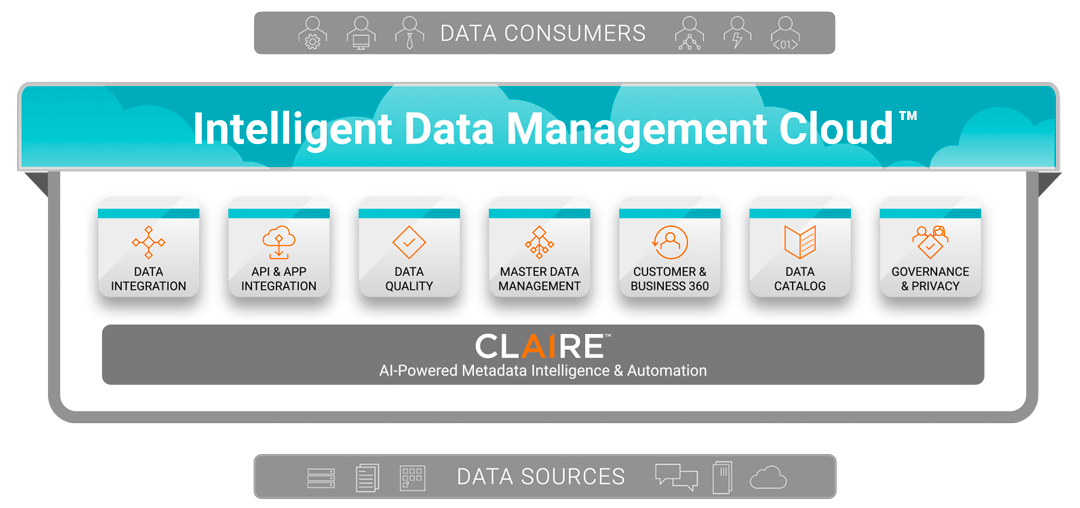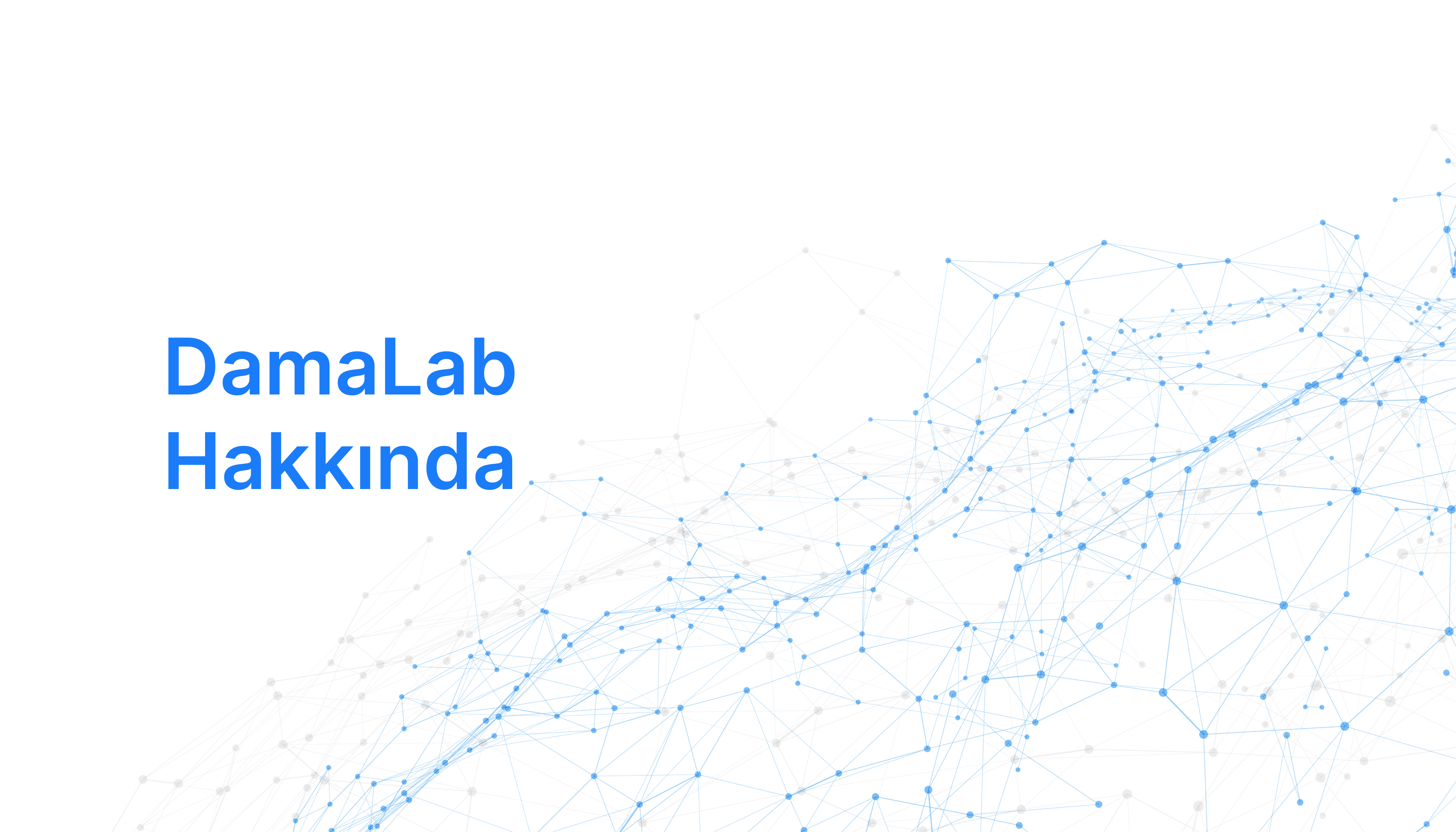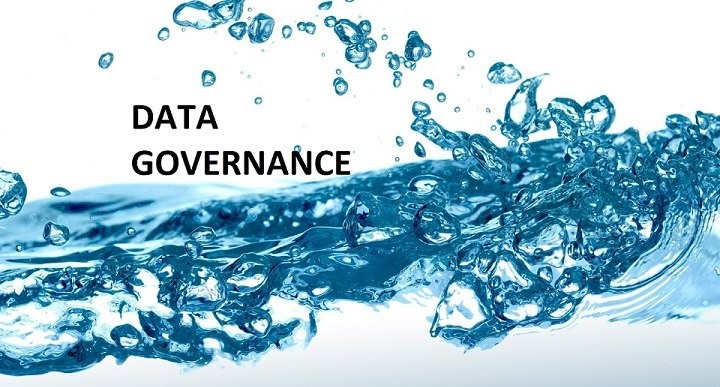I would like to share an article that I have been planning to write for a long time but I postponed it for different reasons every time -which you can call daily rush, troubles of life or laziness like everyone else encounter- and could not spare time for it. Master Data Management
If you say where did this topic come from, may answer is ; my desire to share experiences I have gained from past projects with you or it is a subject that I have been thinking about a lot nowadays.
Before moving on to what “Master Data Management, I think it would be a good start to define what the “Master Data” is.
Master Data
We can express the master data as the most valuable basic information asset that an organization has. And this information varies from sector to sector.
For example, for an insurance company, it may be Customer, Product and Agency information, or for a company engaging in activities in the retail field, it may be expressed as Customer, Product, Supplier information.
In general, we can categorize “Master Data” into 4 different main groups in itself: Party (Customer, Agent, Employee, Supplier etc.), Product (Product, Parts, Stock, Spare Parts, Service, Service, Terms and Conditions), Account (Contract, Agreement, Account etc.) and Location (Region, Location, Address etc. )
So, what is the main feature of “Master Data“, we can say that the master data is
- used in operational systems and processes,
- not transactional data,
- singular, up-to-date, consistent and holistic
- And ee can explain that it is the common data definition that different units agreed on.
Now let’s come to my favorite topic, that is to explain what the Master Data Management is, based on the information above.
Master Data Management
In the light of the above information, we can define the “Master Data Management” as follows: it is an entirety of technologies and processes that ensures collection of critical Master Data in different systems, databases and applications of the organization in a central ‘Hub’; and making these subject of as data quality, singularization, association, enrichment, etc. and serving these to different business, process, units, locations, applications and channels according to their accessing, sharing and security sensitivities and that provide service to the whole of technology and processes.
So, what does this definition given above suggest us? If we talk more about this definition in a few words:
- Central Hub: Today, when we look at many organizations, the above-mentioned master data is scattered in many different systems, applications or databases. And organizations encounter enormous challenges in bringing together this important data, as well as they have great difficulties in tracking and managing the changes (historical information) that have made on these data. For example, the most up-to-date information we have received from customers in the CRM system or the Call Center remain outdated in our invoicing system or our main applications, and this circumstance brings being up-to-date issues and inter-system integrity is deteriorated due to this reason.
- Data Quality: As well as these scattered systems, we also try to cope with data quality problems, which are the main problem of many organizations. We are experiencing all kinds of problems such as inability to reach the customer on time due to missing address or contact information, additional costs caused by these problems, decrease in operational efficiency, inconsistent or incomplete reporting, and incorrect segmentation.
- De-duplication: In addition to difficulties that we encountered in bringing together customer or product information that we see with different information in many systems, it also brings challenges that we experience in understanding whether it is the same customer or the same product , and as a result of this, the dissatisfaction experienced by the customer, the lack of knowing of our own customer and the lack of accurate and effective campaign management with this missing information and thus increase in costs.
- Association: When the problems that I mentioned above come together, it causes us to encounter challenges in seeing the customer’s family, institution, product or employee relations in holistic manner. Therefore, it leads to ineffective campaign management and missing cross-selling opportunities.
- Security and Sharing: Since the master data remain scattered, unclear and unrelated in many systems, it cannot be provided to our applications that need this data accurate and timely manner.
In fact, the topics I mentioned above can be considered as some of the fundamental problems that organizations encounter. In the light of this information, “Master Data Management” gives us following answers:
- By providing integration with operational systems and processes,
- A holistic, extensible, flexible data model,
- Centralized management possibility,
- Data Quality management,
- Mapping and de-duplication infrastructure,
- Change management and versioning,
- Hierarchy and management of relations,
- Effective metadata management,
- Ready-made service layer,
- and security management,
Helps organizations have capability with following features;
- Data-driven
- Customer oriented
- Singular Customer Wiev
- Simplified process of modernization and data migration
- Data governance infrastructure
- Support for governance, risk and compliance processes
- Simplified software processes.
Let’s just say that’s it for now. In my next article, I will be mentioning the widespread used methods of Master Data Management in organizations and accordingly, the methodology steps applied in technical architectures and projects and many other sub-topics.
Best regards,
Evrim AY





